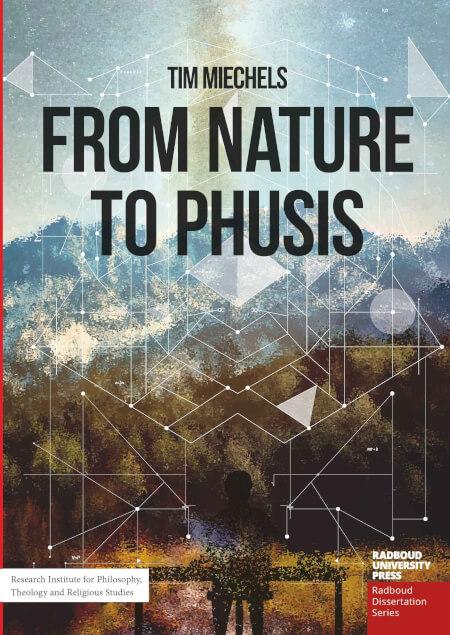From Nature to Phusis: Heidegger’s Criticism of Naturalism and the Possibility of Naturalizing Phenomenology
Keywords:
Naturalism, Phenomenology, PhusisSynopsis
Over the last two decades, the project of naturalizing phenomenology has caused the relation between phenomenology and naturalism to become a hotly debated topic. Critics point out that the project finds itself on unsteady starting grounds, because of the strong antinaturalist inclinations that lie at the very roots of phenomenology. Importantly, when naturalism enters into a dialogue with phenomenology, the conversation partner that is selected on the side of phenomenology is most often Edmund Husserl. In my dissertation, I will argue that Martin Heidegger’s more fundamental criticism of naturalism makes his philosophy a good starting point for a constructively critical dialogue concerning the possibilities and challenges contained in the project of naturalizing phenomenology.
The central concept of concern in this dissertation is the concept of “naturalism” and its meaning in Heidegger’s philosophy. The starting point for my investigation is the idea that the notion of “naturalism” is a relational notion, which means that in order to understand it there are at least two other notions we need to understand with it: “science” and “nature”. The way we understand and criticize “naturalism” , or naturalize phenomenology, is therefore highly dependent on the underlying understanding of “nature” and “science”.

Published
Series
Categories
License

This work is licensed under a Creative Commons Attribution-NonCommercial-NoDerivatives 4.0 International License.


